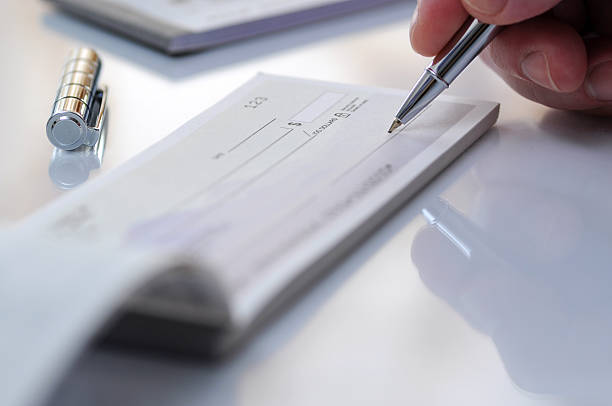Acquiring the right financial tools is essential for the success of any business, whether you’re operating with a dubai freelance visa or managing a local startup. One critical aspect of financial management is having a small business checking account. This type of bank account is designed specifically to meet the unique needs of businesses. In this article, we’ll delve into three key reasons why your business needs a small business checking account, exploring how it aids in managing finances, supports legal compliance, and offers specialized banking services.
Separation of personal and business finances
One of the primary advantages of having a small business checking account is the ability to separate your personal finances from business expenses. This separation streamlines the accounting process, making it easier to track business income and outflows. When tax season arrives, the clear distinction between personal and business finances simplifies tax preparation and ensures accurate reporting.
Legal protections and compliance
Maintaining distinct personal and business bank accounts is not just a smart financial move; it’s also a legal necessity. This separation provides legal protections by limiting personal liability in case of business debts or legal actions. Additionally, it helps your business stay compliant with federal and state financial regulations, reducing the risk of fines and penalties.

Enhanced financial management and tracking
A small business checking account can significantly improve your financial management capabilities. With a dedicated account, you can more effectively budget your resources and manage cash flow. By keeping all business transactions in one place, you can easily monitor your finances and make informed decisions regarding expenditures and investments.
Consolidated financial records
Having all business-related transactions in a single account creates a comprehensive and organized financial record. This consolidation simplifies audits and provides a clear financial picture of your business. Moreover, it helps you quickly identify and address any discrepancies or irregularities, maintaining accuracy and accountability in your financial practices.
Access to business-specific banking services
Small business checking accounts come with a range of services designed specifically for business needs. These can include payroll processing, merchant services, and access to business loans. Such tailored solutions can streamline various business operations, contribute to efficiency, and support growth strategies.
Professional image and credibility
Having a dedicated business account also enhances your professional image. It projects credibility to clients, vendors, and financial institutions. Separate business accounts signal that you are serious about your business, fostering trust and confidence among your stakeholders.
Case study: financial benefits comparison
To better understand the benefits of a small business checking account, let’s compare the financial outcomes between businesses that use personal accounts for their operations versus those that have dedicated business accounts. The table below illustrates these differences:
| Aspect | Using Personal Account | Using Business Account |
|---|---|---|
| Accounting Complexity | High | Low |
| Legal Liability | High | Low |
| Financial Management | Challenging | Streamlined |
| Access to Services | Limited | Broad Range |

Conclusion
A small business checking account is not just a banking convenience; it’s a strategic financial tool. By separating personal and business finances, enhancing financial management, and accessing business-specific banking services, you set your business up for success. Investing in a small business checking account is a proactive step towards better financial health and business growth.
FAQs
Q1: What is the main difference between a personal checking account and a small business checking account?
A1: A small business checking account offers features tailored to business needs, such as payroll processing, merchant services, and business loan options, whereas a personal checking account primarily serves individual banking needs.
Q2: Can I use a small business checking account for personal expenses?
A2: It is highly recommended to avoid using a business account for personal expenses. Mixing personal and business finances can lead to legal complications and hinder accurate financial tracking.
Q3: Are small business checking accounts more expensive than personal accounts?
A3: Small business checking accounts might have different fee structures, including monthly maintenance fees or transaction fees, but the additional features and benefits often justify the cost.
Q4: How can a small business checking account improve my tax preparation?
A4: By keeping business expenses separate, a small business checking account provides clear and organized records, making it easier to track deductible expenses and ensure accurate tax reporting.
Q5: Do I need a small business checking account if I have a very small business or side hustle?
A5: Yes, even very small businesses or side hustles benefit from a dedicated business account. It ensures accurate financial tracking, legal protection, and access to business-specific banking services, which can facilitate growth.



